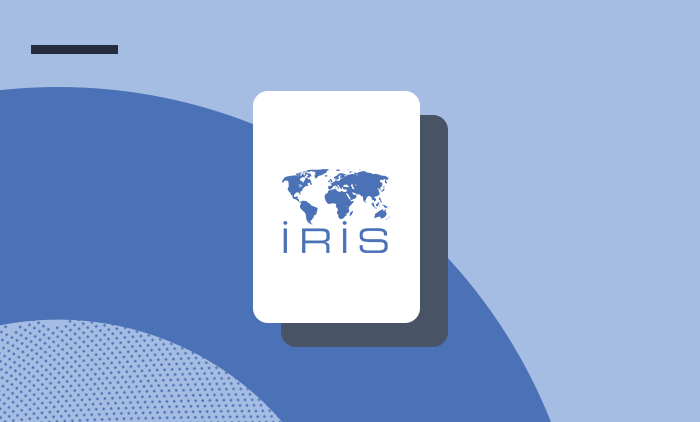Analyses
19 février 2014
Complémentarité transatlantique

More significantly still, France and the United States present exceptionally complementary competitiveness profiles: among the world’s major national economies, France and the United States show an intriguing fit in their main strengths and weaknesses, with France succeeding where the United States falls short and vice versa. They also face certain competitiveness challenges in common.
Based on the rankings of the World Economic Forum Global Competitiveness Report, France outclasses the United States on the “fundamental factors” required to achieve and sustain competitiveness, including healthcare, primary education, the functioning of institutions, and the quality of infrastructure. The United States surpasses France on the “dynamic factors” that the World Economic Forum classifies as supporting competitive performance, including labor and goods market efficiency, financial market development, technological readiness, and innovation.
France and the United States also show complementary industrial strengths. The United States leads France, and the world, in information technology, while France leads the United States and the world in nuclear power and environmental services. Both countries need to repair their excesses and inefficiencies in government bureaucracy, reform complex tax systems, and reduce national debt.
In essence, the United States can learn from France how to do a better job of investing in the foundations of competitiveness. France can take inspiration from the United States to increase the dynamism of its performance.
To address these complementary competitiveness strengths, weaknesses, opportunities, and challenges, we recommend that France and the United States adopt national competitiveness plans, reporting to the highest level of government.
To strengthen ties and increase the sharing of experience and best practices, we believe a series of French-US Competitiveness Summits should be established, including a joint French-US annual meeting at cabinet level, summits of corporate and civil society leaders on specific industry or policy themes, and embracing new audiences not usually found in the French-US relationship.
To enhance entrepreneurialism and to promote innovation, we suggest that the French-American Conference of Entrepreneurs should be revived and put on a sound footing, so that it can increase contacts between French and US entrepreneurs and foster the growth of innovation in both countries.
To develop an innovative and entrepreneurial mindset in the next generations, French-US student exchanges should be expanded and be focused on competitiveness, both at the middle and high school level, and among university and business school students.
These initiatives would help to enrich the dialogue and mutual benefits between France and the United States, and pave the way for their success and leadership together in the current century, as in centuries past.
From the Atlantic Council’s Transatlantic Relations Program’s new report, Companions in Competitiveness: How France and the United States Can Help Each Other Succeed in the Twenty-first Century (http://www.atlanticcouncil.org/publications/reports/companions-in-competitiveness-how-france-and-the-united-states-can-help-each-other-succeed-in-the-twenty-first-century)

